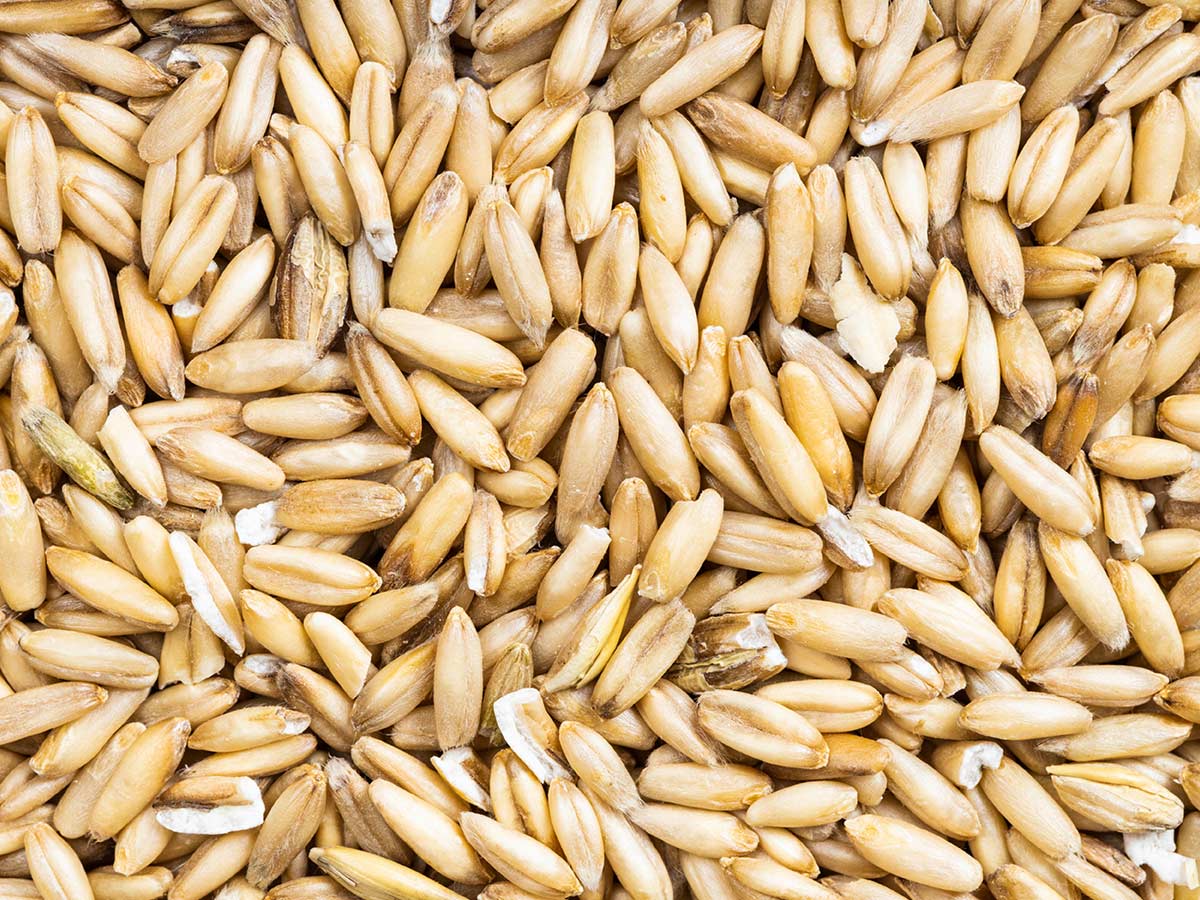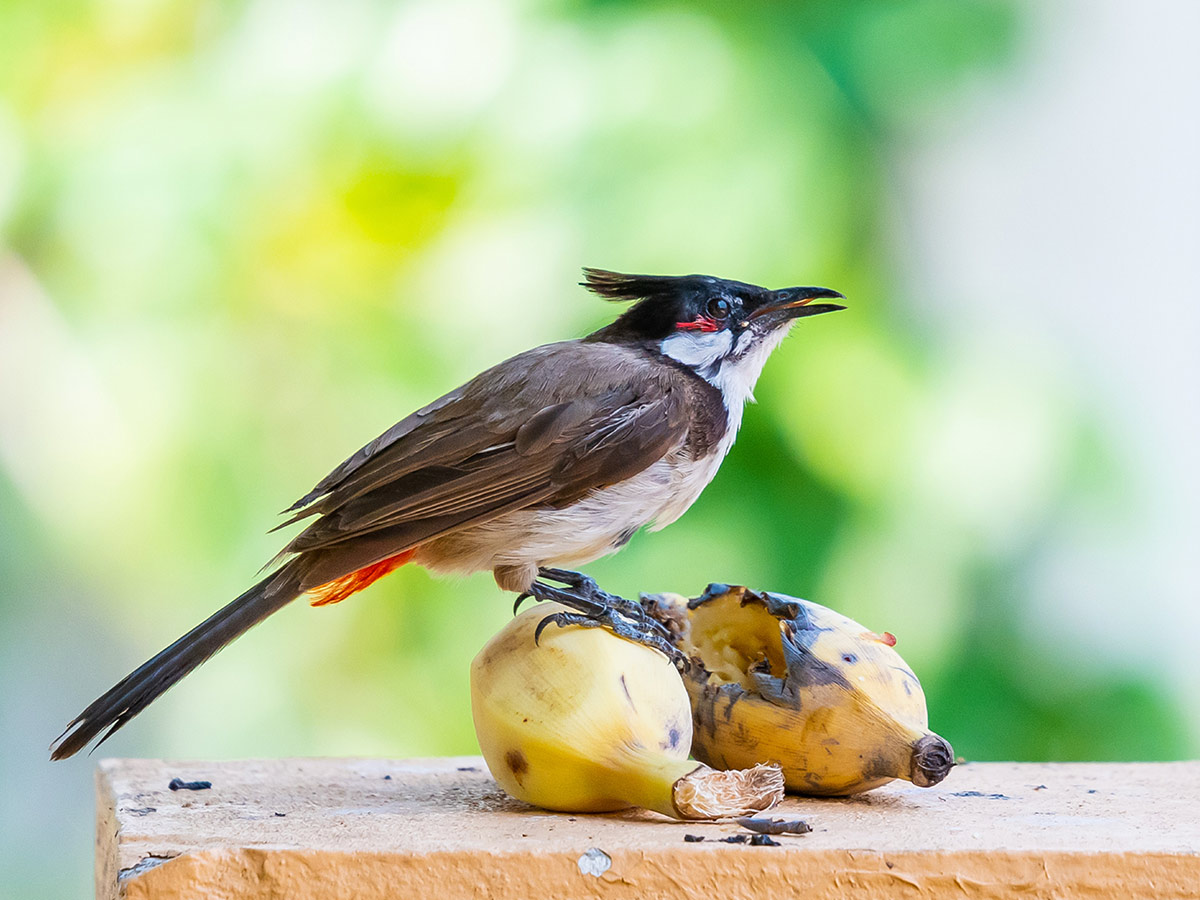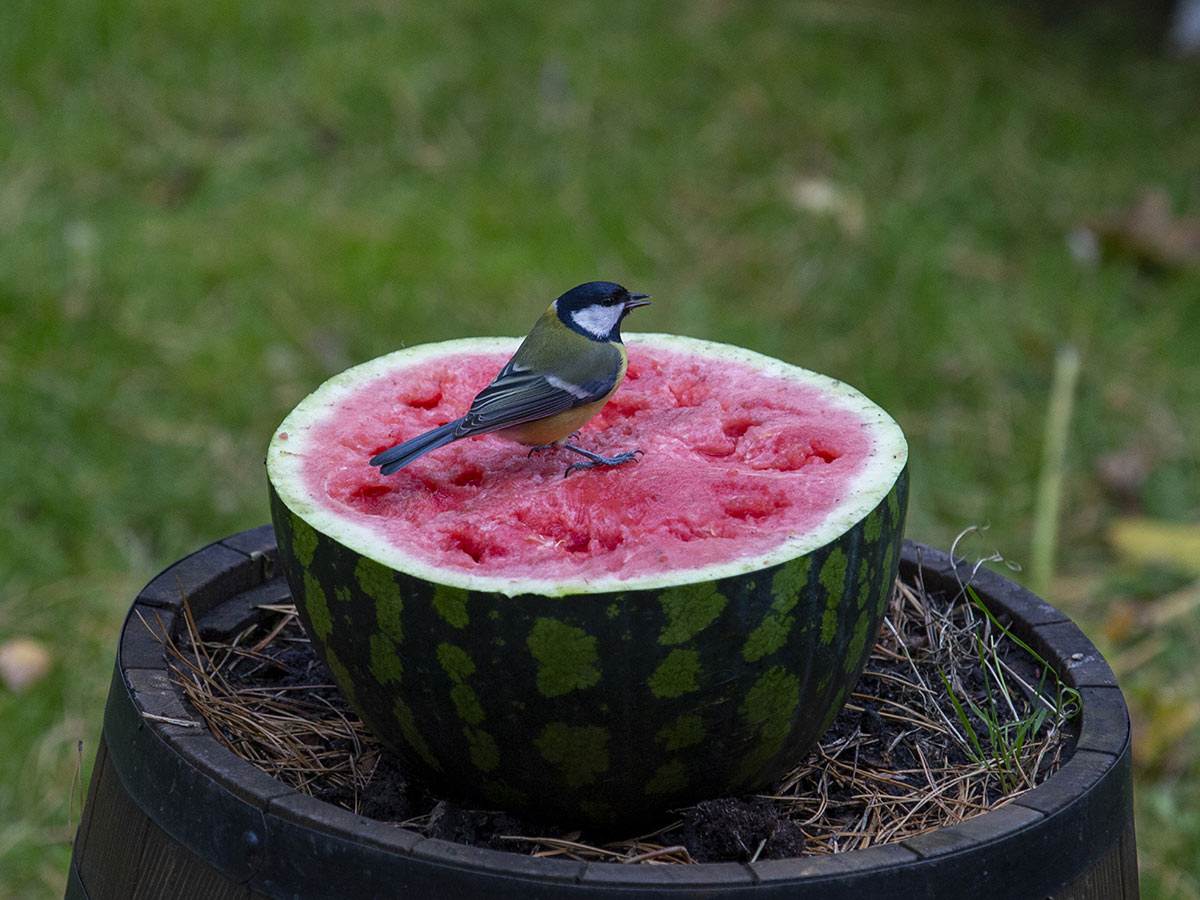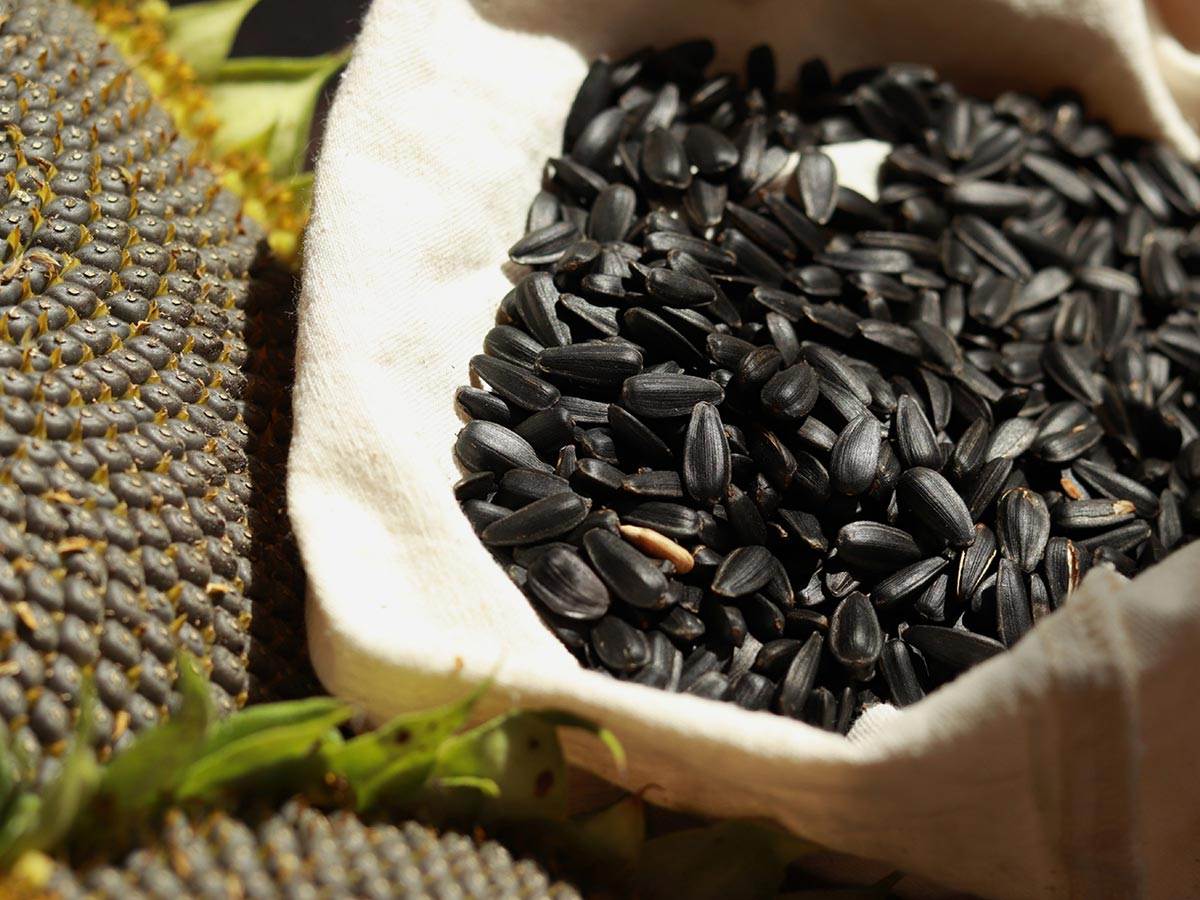Our feathered friends are no different from us regarding taste buds. They thrive off of variation just like we do. What if I told you with just one ingredient, you can instantly elevate your birdís everyday seed mix to...
Our feathered friends are no different from us regarding taste buds. They thrive off of variation just like we do.
What if I told you with just one ingredient, you can instantly elevate your birdís everyday seed mix to a delicious meal jam-packed with nutrients?
Cue the drumroll because it is none other than wheat berries!
These wholesome grains have been a nutritional powerhouse for human diets for over a millennium, but; what about our avian companions?†
In this article, we will delve into the discussion of whether wheat berries are safe for birds to consume, analyzing both the potential benefits and risks.
Without further ado, letís embark on this journey of avian nutrition exploration!
Are Wheat Berries Safe for Avian Consumption?
Ever heard the phrase, ďVariety is the spice of lifeĒ?
That phrase takes on a whole new level of significance when it comes to avian nutrition. Wheat berries, these little nuggets of whole wheat goodness, offer a tempting array of nutrients.
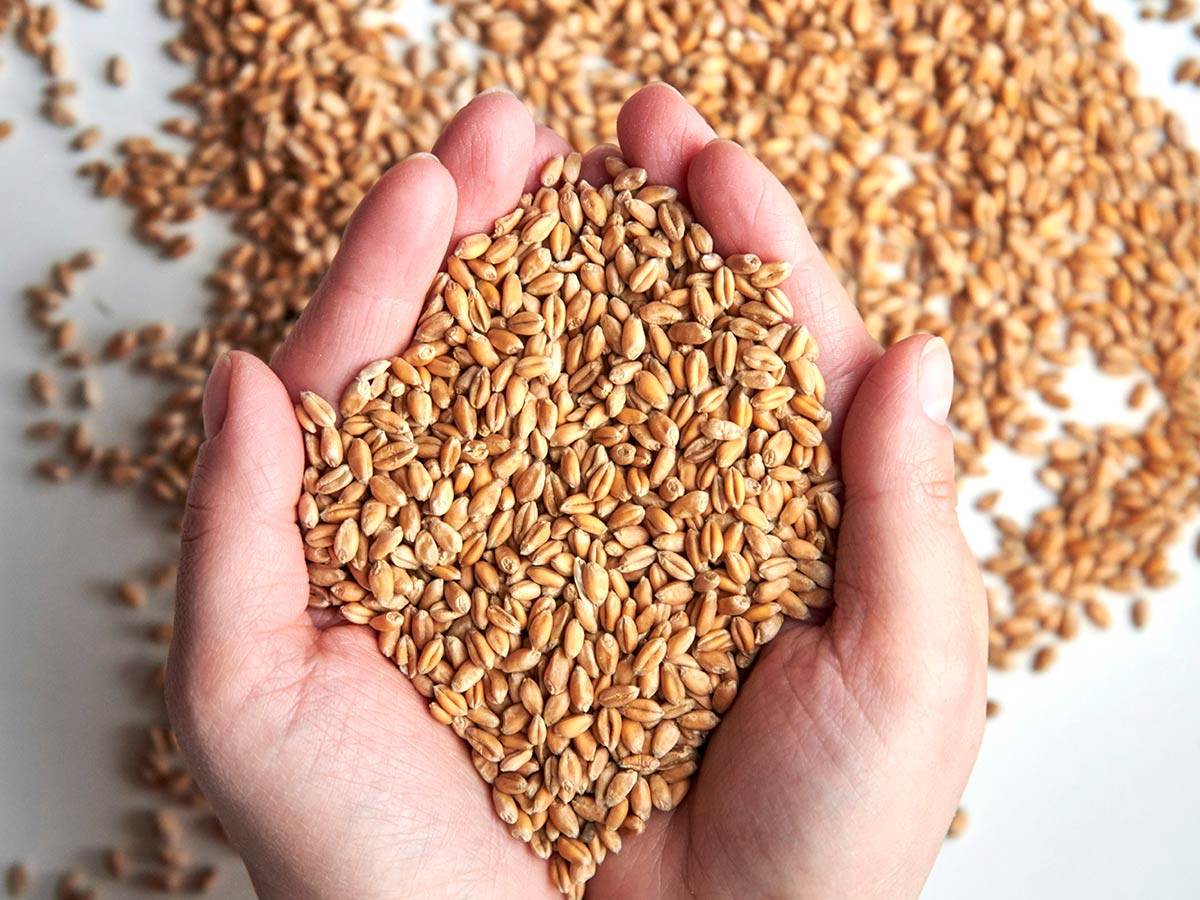
Abundant in essential vitamins, minerals, and dietary fiber: wheat berries offer a well-rounded nutritional building block. However, as with any dietary consideration, there are potential risks to be aware of.
But, hereís where the plot thickens; while wheat berries introduce valuable nutrients, their carbohydrate content warrants caution.
Excessive consumption could lead to conflicting side effects that diminish all the good it can do to your birdís diet through weight gain and associated health issues, paralleling concerns raised by sugary treats.†
What Are the Nutritional Potential of Wheat Berries for Birds?
As we step into the realm of nutritional exploration, the spotlight turns to the enigmatic wheat berry, a hidden trove of nutrients.
Wheat berries are chock-full of nutrients, containing a spectrum of vitamins, minerals, and fiber that can contribute to your birdís overall well-being.
1. Vitamins
Picture this Ė wheat berries offer a plethora of essential vitamins, including vitamins like:
Folate Ė also known as Vitamin B9, is a building block of DNA. Apart from that, it is also an essential mineral for ensuring healthy red blood cells.
A deficiency of folate can lead to anemia, an increased rate of heart disease, and certain cancer risks.
Vitamin A Ė is key to keeping organs functioning and healthy. It aids normal vision, the immune system, reproduction, and growth and development.
Vitamin A deficiency can cause a weak immune system, typical ocular effects, and feather diseases.
Vitamin B6 Ė provides similar benefits as vitamin A, such as maintaining normal nerve function, controlling blood sugar (glucose) in normal ranges, and preventing anemia by aiding hemoglobin production.
Some other essential vitamins found in wheat berries include riboflavin, niacin, thiamin, and Vitamin E.
These vitamins are vital for energy metabolism, nervous system function, and overall cellular health. The allure of such a vitamin-rich banquet is undeniable.
2. Minerals
Micronutrients are the backbone of a healthy diet, and what can be more crucial than minerals?
Wheat berries are rich in essential minerals such as iron, magnesium, and phosphorus.†
These three holy grails of nutrients take center stage.†
Iron Ė is the foundation of red blood cells because it boosts hemoglobin, reduces fatigue, and improves cognition. Magnesium Ė becomes vital for supporting muscle and nerve function and energy production. Phosphorous Ė plays a crucial role in the formation of teeth and bones. Another important function of phosphorous is to make protein for the growth, maintenance, and repair of cells and tissues.3. Fiber And Protein
Letís not forget the combination that instantly makes food healthy for our feathered friends.
If youíve been keeping up with our ďCan Birds Eat This?Ē series for a while now, you will know how much our avians love a good balance of protein and fiber.
Combining fiber and protein in one food allows building blocks for muscle growth and reduces risks of indigestion and digestive diseases.
Incorporating fiber into your birdís diet can promote healthy gut function and prevent digestive issues. However, the fiber content in wheat berries, when consumed in excess, could potentially lead to digestive discomfort.
The second star of the show ensures the prevention of diseases such as Angel Wing Disease and stunted growth by providing essential amino acids required for growth and repair.
Wheat berries provide that effortlessly hence rest assured including these in your birdís diet will make you worry-free about their fiber and protein intake.
How to Incorporate Wheat Berries in Your Birdís Diet?
Wheat berries emerge as a potential gem, awaiting their moment in the spotlight of your birdís diet. But how can these unprocessed wonders find their place in your feathered friendís meals?
Dry Wheat Kernels Soaked Wheat Berries Seed Mixes Food chopDry wheat kernels on their own make a yummy addition to your bird feeders or in seed mixes. If youíre worried about choking risks in young birds, soaked wheat berries and food chops come to the rescue. They prevent indigestion and choking hazards.
What Are the Alternatives to Wheat Berries for Birds?
As responsible bird owners, ensuring our feathered friends receive a balanced diet is paramount.
Just as we seek alternatives to cater to our birdsí nutritional needs, offering a diverse range of options can contribute to their overall health.
Apart from options, availability also raises a big problem when trying to find nutritional additions to their diets hence I have curated a list of foods that are available worldwide and wonít break the bank.
Here are notable alternatives to consider:
1. Brown Rice
Enter the realm of hearty satisfaction with brown rice. This whole grain presents a well-rounded package of complex carbohydrates, fiber, and nutrients.†
Its digestible nature ensures a steady release of energy, making it an excellent option for birds needing sustenance without the carbohydrate food coma.
The story of brown rice is one of wholesome nutrition, offering your avian companion a reliable source of energy without the pitfalls of excessive carbs.
2. Millet
In the grand tapestry of bird-friendly foods, millet shines as a steadfast classic. These tiny seeds may be small in size, but their nutritional impact is anything but diminutive.†
Nuggets filled with carbohydrates, vitamins, and minerals, millet strikes a harmonious balance between energy and essential nutrients. Its small size also lends an advantage to interaction and engagement, allowing your bird to forage and explore, mimicking their natural behaviors.
3. Leafy Greens
Step into a world of vibrant greens, where nutrients are the stars of the show. Leafy greens like kale, spinach, and Swiss chard offer a dazzling array of vitamins, minerals, and antioxidants.
These verdant wonders provide your bird with essential nutrients while introducing diversity to their diet. Incorporating leafy greens not only supports their health but also satisfies their natural instinct to forage and explore.
4. Berries
In this tale of alternatives, we find ourselves amidst a berry bonanza. Fresh berries like blueberries, raspberries, and strawberries paint a picture of vibrant colors and wholesome nutrition.
Oozing with antioxidants, these berries offer a delightful and healthful treat for your feathered companion. Their natural sweetness and richness in vitamins make them a delectable addition that nurtures both taste buds and well-being.
Final Remarks
As our exploration draws to a close, the stage is set for the ultimate decision.
The question of whether to introduce wheat berries into your birdís dietary landscape is a riddle that only you can solve. Balancing the scales between potential benefits and unseen risks, you hold the power to shape your feathered friendís nutritional journey.
By forging a path of informed choices and considering your birdís individual needs, youíre not just a caregiver but also a curator of well-being.
Since the density of calories within wheat berries could inadvertently overshadow other vital nutrients, affecting the intricate interplay of dietary elements; checking in with your birdís health practitioner becomes a crucial step before introducing any new addition to their diet.
Till then, happy feeding!






